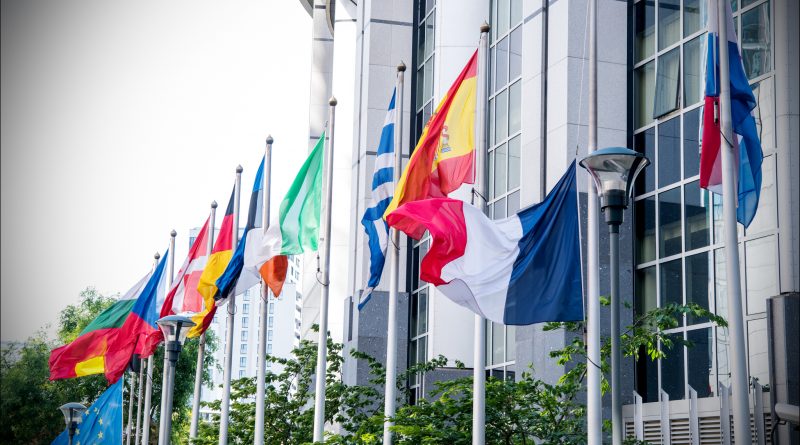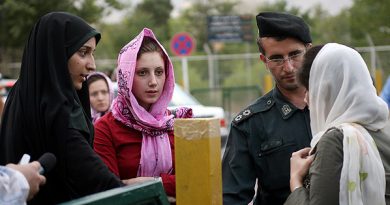Belgian Courts Begin Trying 2016 Terror Attacks Perpetrators
Madeline Field
Staff Writer
Belgium’s largest-ever criminal trial began December 5 as the country seeks to bring to justice the perpetrators of the March 22, 2016, Brussels suicide bombings, NPR reports.
Al Jazeera writes that the attacks, which occurred during peak commuter rush hour, struck a city center metro station and airport, killing 32 people. Among the dead were victims from many countries, including nationals from Belgium, the United States, the Netherlands, Sweden, the UK, China, France, Germany, India, Peru, and Poland. According to CNN, many of these multi-national victims were based in Brussels, an homage to international cooperation and home to NATO headquarters and the EU.
Among the victims were nearly 1000 wounded and traumatized people. According to Reuters, many celebrated the beginning of the trial, over six years later; Reuters reports that victim Sylvie Ingels, who remains plagued by nightmares of the bombings, stated “it’s their trial but also ours. We are waiting for answers.”
The ten defendants, all members of a Belgium terror cell inspired by the Islamic State, face charges of murder, attempted murders in a terrorist context, and association with a terrorist group. Only nine are currently standing trial, however, as one terrorist is being tried in absentia, presumed to have been killed in Syria.
CNN reports that for six defendants, the sentences are meant to compound upon the ones that they received from French judges for their role in the November 2015 Paris terror attacks. The attacks killed almost 130 people in coordinated shootings and bombings on a football stadium, a death metal concert, and various bars and restaurants. Among the Brussels defendants is one of the main suspects of the 2015 Paris attacks, Salah Abdeslam, the only surviving attacker among those involved in the Paris attacks.
Reuters notes that the lead-up to the trial has been marred by controversy and allegations of mistreatment by the defendants. Complaints about the appearances of the defendants during the trial delayed court proceedings initially in October, and Reuters reports that opening statements this week were interrupted by defendant Mohamed Abrini, who negatively compared his Brussels transportation conditions to that of his Paris trial.
The trial will most certainly come at a figurative and literal price. CNN anticipates that with more than 370 witnesses and experts set to testify, and 1000 victims represented by lawyers in the trial, the affair is anticipated to last seven months. Jury selection was extensive, and jurors were reportedly chosen from a pool of more than 1000 citizens.
The whole ordeal is estimated to cost nearly 35 million euros, making it the costliest trial in Belgium’s history. The chaos surrounding the trial reflects the grave damage the twin bombings did to Europe’s social order.
The attacks and the 2015 migration crisis have been one of the biggest drivers for the EU’s initiatives to create security cooperation and coordination among member states, despite political challenges. The EU has since maintained an active terrorist list, created strict online regulations aimed at countering radicalization, and put into place strong anti-money laundering rules to prevent financing.
More tellingly, terror attacks like that in Brussels enabled right-wing politicians to garner support by espousing anti-immigration and border-control rhetoric. According to the Times of Israel, Belgium took a far-right turn in the aftermath of the bombing, and nationalist, anti-Muslim leaders remain relevant in Belgian politics today.
Image courtesy of the European Parliament




